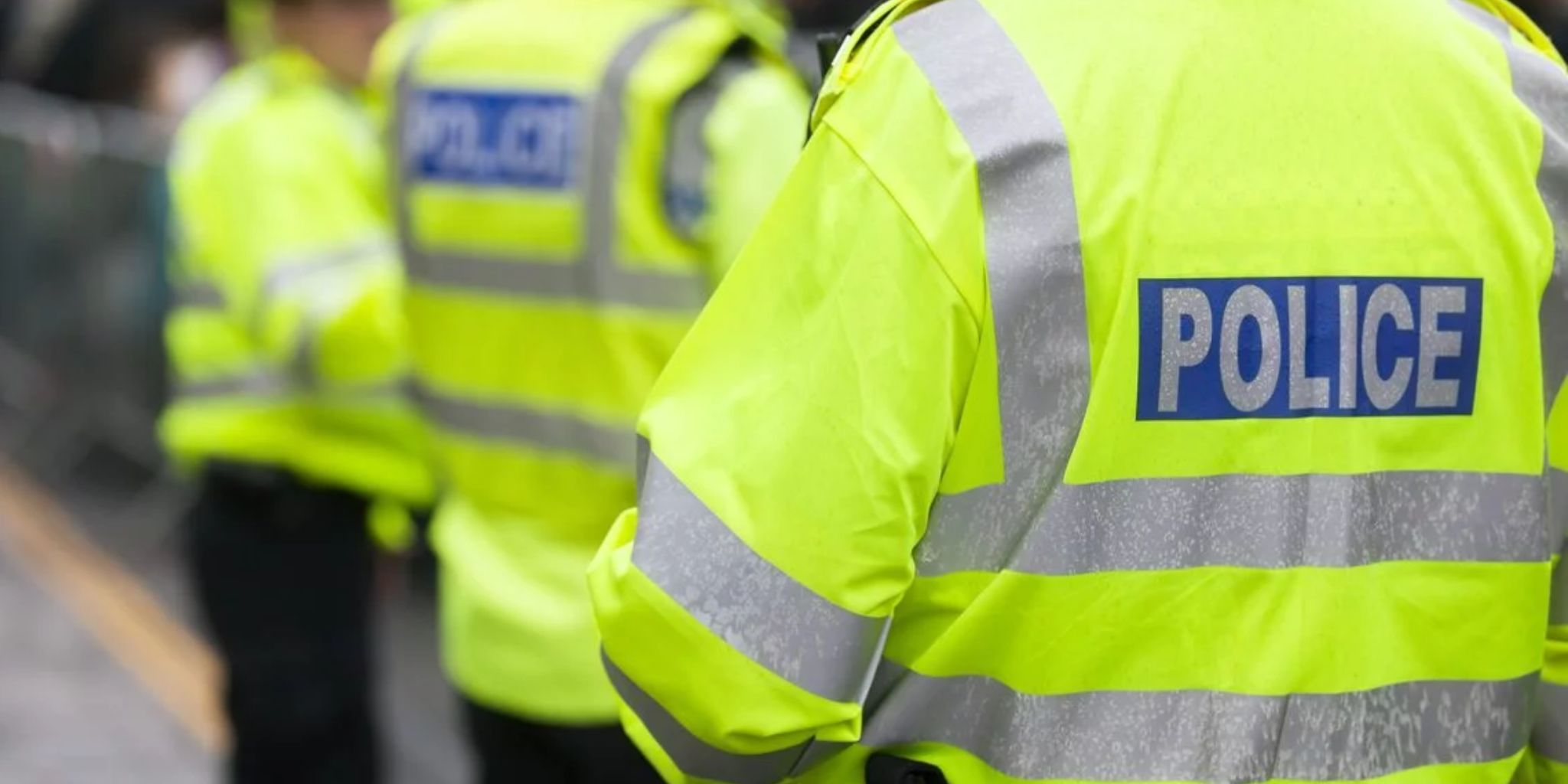In the digital age, YouTube has become a platform not only for entertainment but also for activism and education. One trend that has gained traction in recent years is the emergence of YouTube auditors - individuals who film interactions with police, to hold officers accountable and raise awareness about police misconduct and abuse of powers. While this movement has shed light on instances of abuse of power within the police force, it has also led to a shift in public perception, with more viewers feeling negatively toward the police as a result.
YouTube auditors, armed with cameras, drones and a commitment to transparency, document interactions with the police during audits and subsequent detainments and arrests. These videos often capture instances of excessive force, abuse of powers, unlawful searches, and other violations of civil rights though a lack of understanding of the legislation they're using.
However, as viewers consume these videos, a noticeable shift in sentiment toward the police has emerged. The video below shows how unprofessional the UK police force is today. A police force that is now laughable and childish, yet they insist on respect from the public. The name-calling and mocking of mental health (by the police) in this video - quite honestly - is disgusting. The police should be rising above this and setting an example. This video also demonstrates yet another example of the abuse of Section 43.
While not all encounters depicted in YouTube auditor videos involve misconduct, the prevalence of such incidents has fueled skepticism and mistrust among viewers. With each video exposing another instance of abuse of power, the perception of the police as protectors of the community has been eroded, replaced by a growing perception of them as a source of problems and potential danger.
This shift in public perception is not unfounded. Over the years, numerous high-profile cases of police brutality, upheld civil claims for abuse of power and misconduct have made headlines, sparking outrage and calls for accountability.
Moreover, the ubiquity of smartphones, drones, body cams and social media has made it easier than ever to document and share encounters with the police. As a result, instances of police misconduct that may have once gone unnoticed or unreported are now being captured on camera and broadcast to a global audience. This increased visibility has forced society to confront the harsh realities of policing and has contributed to the erosion of trust in the police.
While the anger and disillusionment directed toward the police may be justified in many cases, it is essential to recognise that not all officers engage in misconduct, and many are committed to serving their communities with integrity and compassion. However, the actions of a few bad actors (see our Public Filming - Police section) have tainted the reputation of the police as a whole, highlighting the need for systemic change and accountability measures within the police force and the wider criminal justice system.
Whilst these auditors are quite rightly holding the police to account, and while they are promoting the rights of photographers and drone pilots, it's disappointing to see some are weaponising their drones to provoke reactions from the police and businesses. You'll hear them say things like "I've got a drone" or "I'm going to fly my drone over your site..." and await a response saying they can't fly, only to begin stoking the small flames of the now ignited fire they crave for their videos monetisation.
As a drone pilot, I think what some auditors do to promote the rights of the photographer and drone pilot (those who watch auditors will certainly recognise the phrase I've used) is invaluable. Unfortunately there are a select few who ruin the hobby and portray us in a bad light.
In conclusion, the rise of YouTube auditors has played a crucial role in exposing instances of police misconduct and raising awareness about systemic issues within law enforcement. While this increased visibility has led to a more critical view of the police among the public, it has also sparked important conversations about accountability, transparency, and the need for reform within the police force. At the same time, their use of drones as a provocation tool over and above the intention of promoting the rights to fly is starting to have a negative effect on the use of drones overall. It's a delicate balance and while these auditors are exposing the negatives of the police, some are pushing drone use into a dark place in the public's eyes especially with their endless buzzing of police infrastructure such as police stations. Just because you can fly there, doesn't necessarily mean you should. That said, if the police were educated and it was explained this was perfectly legal, these auditors would stop doing it as they'd stop getting the negative and provocative reactions they need to draw in viewers.




